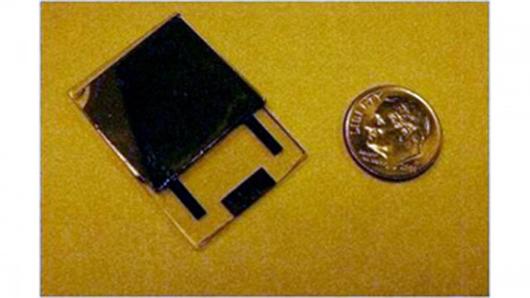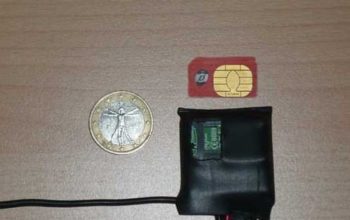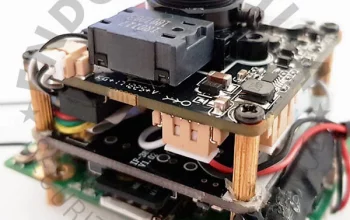Don’t be afraid, we are certainly not recommending you to put a nuclear reactor in your cameras or in your pocket calculators. The idea of a nuclear battery may sound dangerous at first, but to tell the truth, devices such as pacemakers are employing them since years, due to their endurance and high performance.
The only problem is given by weight and size. In order to solve it, a research carried out at Missouri University is working on nuclear batteries the size of a coin.
Thanks to this type of batteries, you will be able to power some small electro mechanical systems and devices, like for example digital micro recorders, miniature cameras or covert listening devices, used by law enforcement agencies or private detectives for long-term monitoring and surveillance operations.
The innovative part in this kind of battery lies not only in its tiny size, but also in the means used to conduct energy: in fact the semiconductor used in this battery is liquid instead of solid. Thanks to this, it is possible to avoid that the gathered energy could damage the outer shell which covers the conductor, as it is the case with other radioactive batteries using solids.
In a possibly near future, researchers hope to obtain batteries more powerful, smaller in size and with a practically endless life, in order to be able to use them as power supply for an ever increasing range of miniature devices and equipments.
Of course, it is worth mentioning that nuclear batteries are certainly not as dangerous as one may think, as they do not generate their energy via a chain reaction like nuclear reactors do, but instead they use a radioactive isotope. You can sleep tight, your pacemaker will certainly not cause another Three Mile Island or Chernobyl in your heart!



